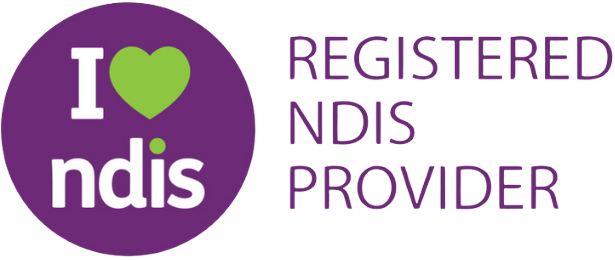If you’re new to the NDIS or exploring ways to manage your supports, you may have come across the term Support Coordination. But did you know there are three different levels of support coordination available in your NDIS plan?
Each level is designed to cater to different levels of need and complexity. In this blog, we’ll break down the three types of support coordination and help you decide which one is right for you.
1. Support Connection
This is the most basic level of support coordination, designed to help participants build their capacity to connect with informal, community, and funded supports. It’s ideal for those who need a little assistance getting started but are confident in managing their plan independently over time.
2. Support Coordination
This level is more hands-on and is suitable for participants who need help understanding and using their plan. A support coordinator will work closely with you to ensure you use a mix of supports to increase your independence and achieve your goals. They’ll assist you with tasks like managing service agreements, coordinating providers, and ensuring your funding is used effectively.
3. Specialist Support Coordination
This is the highest level of support coordination, reserved for participants with more complex needs. A specialist support coordinator helps manage high-risk situations and ensures that services are delivered consistently, even in challenging circumstances. This level is perfect for those requiring a tailored, expert approach to manage multiple and intricate support needs.
Conclusion
Understanding the different levels of support coordination can help you choose the right one based on your individual needs. Whether you need basic guidance or specialist support, the NDIS has options to ensure you receive the best care possible.




